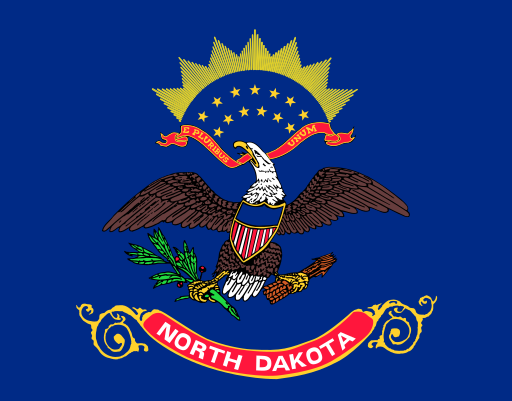After a state Supreme Court ruling last fall, North Dakota Rep. Jeff Delzer (R) remains in office at the start of the legislative session following a primary defeat in 2020.
In North Dakota, each of the state’s 47 districts elects two representatives to the state House. Challengers David Andahl and Dave Nehring defeated Delzer in the 2020 primary election and proceeded to the general election for the district’s two seats.
Delzer’s primary defeat highlighted divisions between the legislator and Gov. Doug Burgum (R). During the 2020 primary election, Burgum donated over $3.1 million to a political action committee opposing Delzer. Burgum and Delzer have disagreed over the state’s budgeting in the past. Burgum, as governor, proposes a budget every two years, but the legislature approves the final budget. Delzer, as chair of the House Appropriations Committee, directs those budgeting proceedings in the House.
These divisions became apparent again following the Nov. 3 general election. Andahl and Nehring won election to the district’s two seats, but Andahl passed away a month before the election, leaving one seat immediately vacant.
Under state law, when a legislative vacancy occurs, the former legislator’s district party can appoint a replacement. Burgum argued that state law was unclear about instances where a candidate dies before the election and argued that he, instead, held appointment authority.
On Nov. 4, Burgum appointed Wade Boesham (R) to the seat. On Nov. 18, the District 8 GOP appointed Delzer. The following week, the North Dakota Supreme Court ruled that state law applied in this case and that the district party held appointment authority.
Delzer and Nehring were sworn in to represent House District 8 on Dec. 1.


